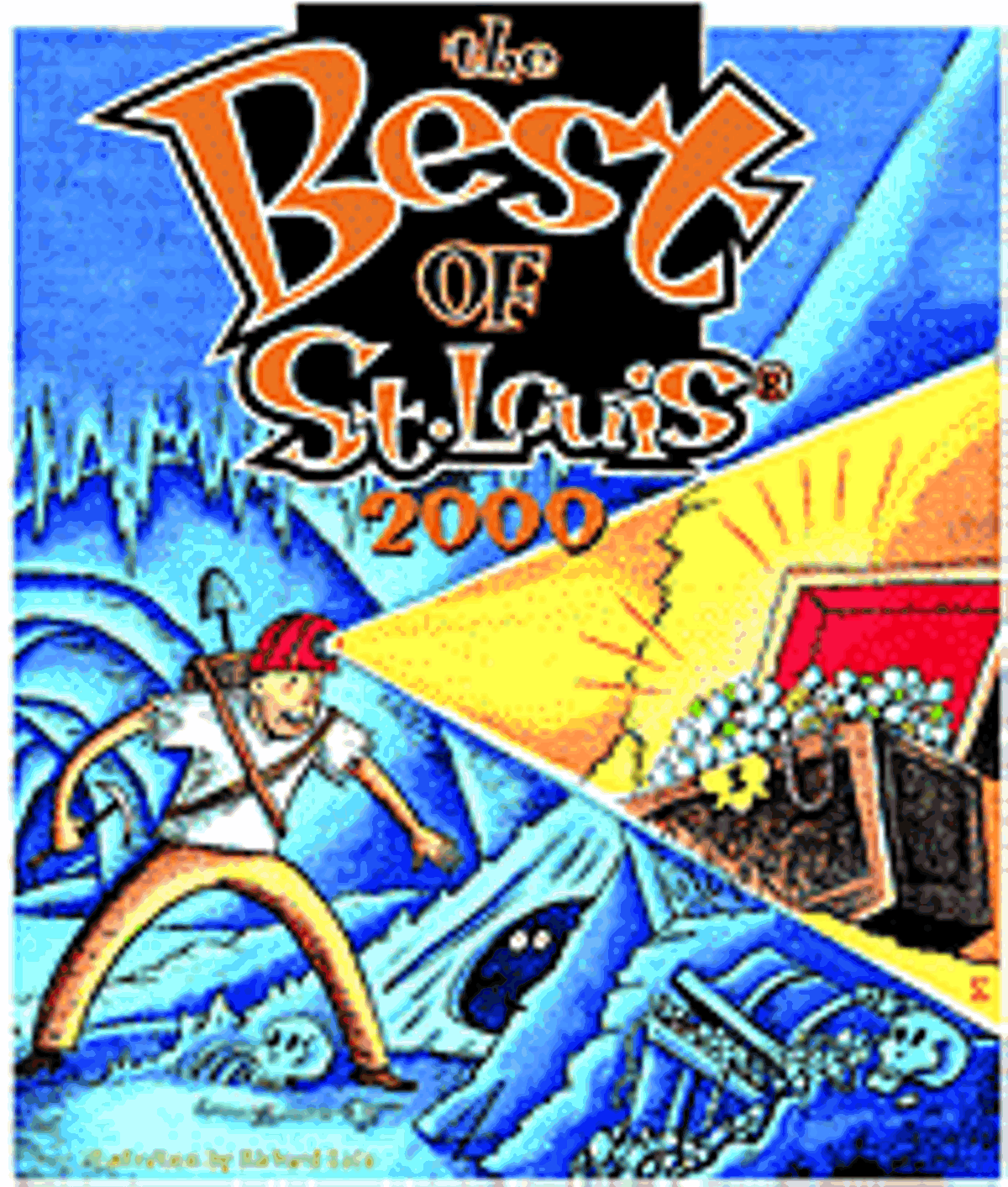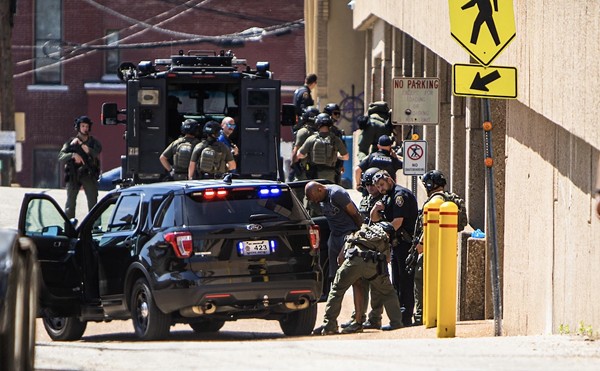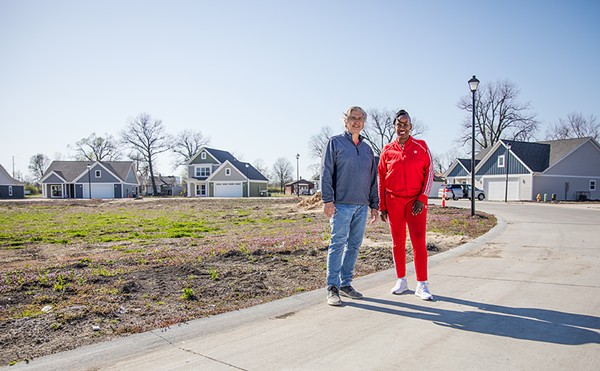The easy answer in general is Mark McGwire, and if he hadn't been hurt, that would be the correct one. But this year, Big Mac has missed too many games to be the best. The next obvious answer is Jim Edmonds, who has been the Cardinal lineup anchor without Mac in there. But the Cardinals have a lot of offensive weapons, and Edmonds isn't that much better than the other ones. Darryl Kile, on the other hand, has been the rotation anchor the Cardinals have needed for years. He's a Grade A pitcher, albeit an odd one in that his fastball isn't his best pitch. He's answered the bell every turn out. He has the won/lost record you expect of an ace. So does Garrett Stephenson, but Kile has thrown with remarkable consistency during the September stretch run, whereas Stephenson has suffered from fatigue. Kile also pitches against the other teams' aces, and it's harder to win those games. Kile is the biggest reason the Cards have run away with their division.
Placido Polanco, at age 23, is, simply put, an established major-league starting second baseman. There aren't 15 better ones in the game, much less 30, which would be one starter for each team. Because Polanco is young, this should make him one of the National League's hot properties. But on the Cardinals, Polanco's the infield backup. This is sort of like Jose Oquendo on Whitey Herzog's teams. Oquendo had years where he was probably the No. 3 shortstop in the league, behind Ozzie Smith and Barry Larkin, but he was riding Whitey's bench as the "secret weapon" backup for any injured or resting starter. Polanco doesn't play the outfield much, but he's the No. 1 guy behind Edgar Renteria and Fernandos Vina and Tatis. In particular, when Vina or Renteria rests, the top of the Cardinal lineup doesn't suffer, because Polanco's out there. This is an odd player for Tony La Russa to have. Unlike Whitey, La Russa's benches aren't usually the strongest in the league. But with Polanco, Shawon Dunston, Craig Paquette and Eric Davis, this one might be.
Will Clark is a tempting choice -- his arrival from Baltimore coincided (and it was no coincidence) with the Cardinals' reaching escape velocity in the Central Division after almost falling back to earth in the long stall following McGwire's injury. Since Clark's acquisition, the Birds are flying higher than at any time since 1987 -- a year in which they beat his former team, the Giants, in the NLCS. Or perhaps 1985 is the more apt comparison, when, with eerie propinquity, the Cards won the pennant with the help of another emergency pickup (Cesar Cedeno) subbing spectacularly for an ailing slugger at first (Jack Clark). But Clark's newness will be old news by postseason's end, because he's strictly a rental; next year, Big Mac will reclaim his position at first base, and Clark will be playing elsewhere. So Jim Edmonds, whom we hope to see gliding through the St. Louis outfield grass for all six years of his contract, is the man. Although he's cooled since his red-hot first half, Edmonds continues to deliver in the clutch, and the cumulative numbers (an average that continues to hover near .300, with more than 40 homers and 100 RBIs) certainly exceed all but the most optimistic fans' expectations at the season's outset. And no Cardinal center fielder -- not Willie McGee, not even Curt Flood -- has fielded the position with such smooth elan, such easy athletic grace. Last, and this comes as an especially pleasing surprise given his apparently undeserved rep as a malcontent on the Angels, has any player in recent memory seemed to enjoy himself on the field as much as Edmonds? Edmonds both entertains us -- his at-bats are filled with theatrical moments as he dramatically overreacts to inside pitches or missed swings with jumps, stumbles and skips -- and is clearly entertained by the game, chatting amiably with opposing players, umpires, coaches and teammates, grinning widely when the occasion (a deft sliding catch, an opposite-field lined homer) warrants. He plays, in every best sense of the word.
Where to begin?
There are so many reasons to keep our beloved Busch that settling on a single one as "the best" is tantamount to singling out the best amendment to the Constitution, the best thing about living in America, the best part of drinking beer. There's the money angle -- why spend a cent of public money (let alone the $250 million the Cardinals want) replacing a stadium that no one, save team owners, can find fault with? There are the aesthetics -- it would be bordering on criminal to tear down those beautiful arches that ring the top of Busch. There's the sense of history -- who among us would welcome the demise of a stadium once ruled by the likes of Bob Gibson, Ozzie Smith and Lou Brock?
Good reasons, all. But, for now, the single best reason to keep Busch Stadium is the refusal of the owners to open their books. Until the owners produce an independently audited financial statement and make it available to everyone -- not just politicians sworn to secrecy -- there's no reason for this discussion to go any further.
The owners say they need a new stadium to maintain financial stability and keep the franchise competitive. H-O-G-W-A-S-H. You don't have to look any further than television and radio revenue (which is comparable to what the San Francisco Giants, who paid for their own stadium, receive) and league-high attendance figures at Busch to see that that's ridiculous. There's no crisis here, no sign of impending financial doom. If there were, you'd think the Cardinals would be more than willing to prove it. The fact that they won't speaks volumes.
Team owners have been acting as if they have an "or else" in their back pocket. They don't. Cardinals fans have supported this team, thick or thin. For the better part of a century, the Cardinals have demonstrated they can compete with the big-market clubs. Bud Selig isn't about to let the franchise move to -- well, that's a good question. Where else can the owners hope to make as much money as they do in St. Louis, anointed the best baseball town in America by no less an authority than Sports Illustrated? If meddlers in St. Peters and East St. Louis insist on making overtures, fine. Let them pay the political price for handing over millions in public money to millionaires intent on becoming billionaires. We'll remain within easy driving distance. And the name "St. Louis" will still adorn the uniforms.
The Cardinals have said they'll open their books for the right people, meaning politicians and power brokers. The right people, in this case, are taxpayers. The simple fact is, the public holds the cards in this game with the Cards. Open your books, owners. What are you afraid of?
-- Bruce Rushton
There's no doubt that the millions of dollars that will be spent building a new baseball stadium could be better spent elsewhere, but in the first place, you know they won't, really, and in the second place, of all the sports teams in St. Louis, the Cardinals are first in our hearts and minds -- which means that when it comes time to do what they want, they've got us by the balls. This little anatomy lesson is brought to you because you already know how this story ends. In just about any city you can name, a baseball team asks for a new stadium and they get one, or else the team starts checking the price of one-way flights out of town. Hell, if
Pittsburgh -- where the attendance for baseball sometimes hovers in the mid-four figures -- finds it necessary to build a new stadium, you know it's probably time for us to cough it up for one, too. Call this the Bobby Knight "just lie back and enjoy it" strategy. If we just get it over with, we get a nice new stadium, where Jim Edmonds, Fernando Tatis, J.D. Drew and, God willing, Mark McGwire will frolic for years to come. But the best thing about swallowing hard and doing this thing now is that we won't have to listen to people argue about it for the next 10 years.
In addition to simple pragmatism, there are aesthetic reasons to replace Busch. When the stadium was built, the technology of steel and concrete had just arrived at the point where we could build baseball parks that didn't have those damn-fool girders in front of every 10th seat, like Sportsman's Park had. The cost of that was that the seats had to be "raked" very shallowly. That is, the seats in Busch, especially the higher ones, are very far from the field, because the technology of the day couldn't put them any closer without putting girders out there. Well, the technology has changed, and the newest ballparks are able to do away with the girders without making the general-admission spectators feel like they're watching very small TVs. This makes a big difference in how involved in the game those spectators feel, and that is a big part of the professional-sports experience. The ballparks of Busch's generation are the ones other cities are now replacing, for just that reason. We were one of the first to get rid of the girders; we don't want to be the last to let our fans see the action close up.
-- Daniel Durchholz and Brock J. Hanke
For Blues fanatics, the only bad, bad thing about Chris Pronger is that in praising him, they have to credit, however indirectly, former Blues despot Mike Keenan. For many Blues fanatics, Mike Keenan is the Hannibal Lecter of St. Louis hockey -- in their view, he not only killed the team, he virtually ate it. But somewhere Keenan is chuckling. Or scowling, which, for Keenan, might be the same thing. Keenan left town two steps ahead of the tar and feathers, but one thing he left behind was the Brendan Shanahan-for-Chris Pronger trade. Although reviled at the time, five years later it makes perfect sense -- well, not perfect, but at this point what team wouldn't pick the 25-year-old Pronger over the thirtysomething Shanahan? Age is unforgiving, particularly in sports. If last year is any preview, Pronger is a player on the verge of a great career. For last season's effort, Pronger was picked for the Norris Trophy as the league's best defenseman and the Hart Trophy as the league's most valuable player. Pronger is the first player to win both since the legendary Bobby Orr of the Boston Bruins in 1972. As the season starts next month, Pronger appears to have a hell of team around him, led by the NHL's coach of the year last year, Joel Quenneville. Now if he can only get past the second round of the playoffs. That would make Bluesheads forget about Keenan -- almost.
Here's a category that could go any number of ways. After all, who had a better year than QB Kurt Warner, who was the MVP of the season and the Super Bowl? Or wide receiver Isaac Bruce, who shook off years of nagging injuries and attitudinal indifference to become the NFL's most dangerous receiver? Well, there was one guy -- Marshall Faulk, who was simply magnificent in his debut year in a Rams uniform. Faulk was everywhere -- carrying the ball, catching it and running, running, running. The Rams' offense last year succeeded because it was armed to the teeth with high-powered weaponry. But Faulk was the most fearsome weapon of all. You just never knew what he was going to do next, but you knew it was going to be good. And it was. The Rams themselves bypassed the obvious choice of Warner for team MVP, naming Faulk instead, and it was more than just a case of sharing the honors. Faulk was the best thing going for the Rams last year, and, considering the season they had, that's saying something.
A little more than a year ago, we wanted his head. After a last-place finish, there seemed little hope for the Rams under Dick Vermeil. The team itself mutinied, showing him abject disrespect after the final loss of 1998, and unless something was done, there was little doubt that the fans would follow suit. But, of course, something was done: The front office gave Vermeil the players in the offseason, including Marshall Faulk and Trent Green, and Vermeil and his coaching staff -- notably offensive coordinator and current head coach Mike Martz -- turned things completely around. Sure, Vermeil remained high-strung -- we thought he was really gonna lose it when Green went down with a season-ending knee injury. But the coach rallied the troops around unknown QB Kurt Warner, and the Rams brought St. Louis its first NFL championship ever. After basking in the limelight for just a little while, Vermeil had the smarts and the class to do what so few in sports ever manage -- to go out on top. Here's to you, Coach.
When quarterback Trent Green's leg bent awkwardly beneath him and snapped in the third exhibition game of 1999, the Rams' season appeared over before it had begun. Even sunnily optimistic coach Dick Vermeil trailed dark clouds as he halfheartedly talked up second-stringer Kurt Warner. One Super Bowl victory later, who would have guessed? No one, that's who. Warner's improbable grocery-to-glory story has now been told so many times that there's no point in recapping the eye-popping numbers here, but in terms of simple value for the dollar, the Ram QB's '99 season is likely unrivaled. Warner was justly awarded a bonus at year's end, and he's cashed in with a new contract commensurate with his on-field accomplishments, but throughout the season, as the completions, TDs and victories mounted, he was making the league minimum. Now that's a bargain, even if it did come at the price of weekly preachments about God's holy plan. It's almost enough to make churchgoers of us again -- if only services didn't intrude on pregame coverage.
It's unfair, perhaps, to cite Trent Green in this category: When he was taken off the field with a season-ending knee injury last August, Green had completed an astonishing 28 of 32 passes, for a league-leading percentage of 87.5, and his preseason quarterback rating of 126.6 was the best in Rams history. But instead of a conquering hero's return -- Green is a Vianney High grad -- he was reduced to holding a clipboard and cheerleading on the sidelines, propped up with crutches, as the team he was to have commanded made its unlikely march to an NFL championship under the unheralded Kurt Warner. Coaxed home to St. Louis with a multiyear, big-money contract after a career year with the Redskins in '98, Green now serves as the league's most highly compensated and overqualified backup QB. Given the alarming injury rate of NFL quarterbacks, it's always possible Green will start earning his hefty paycheck by subbing for a fallen Warner, but until that day (which none of us, not even Green, wishes for), he's the bust that made Warner such a bargain.






